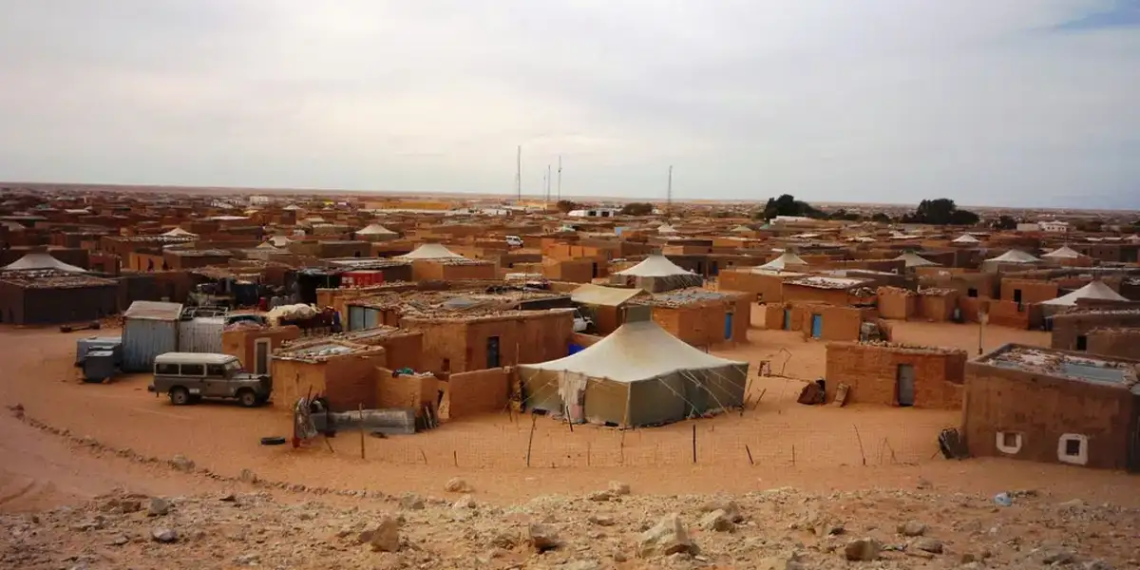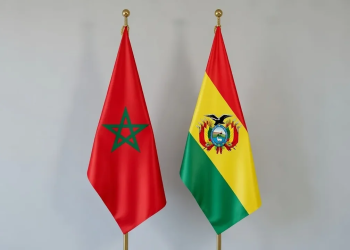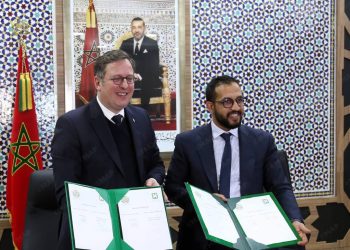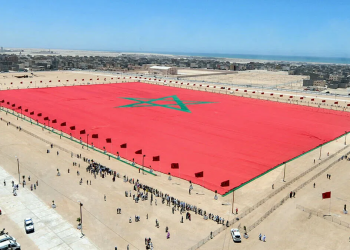Morocco denounced on Tuesday the “blatant humanitarian anomaly” that has persisted for fifty years in the Tindouf camps in southwestern Algeria, calling on the United Nations High Commissioner for Refugees (UNHCR) to fully exercise its mandate. Morocco specifically urged the agency to carry out “independent and immediate registration” of the sequestered populations and ensure “free and unhindered humanitarian access” to the camps.
“Humanitarian neutrality must never be confused with passivity in the face of injustice,” said Omar Zniber, Morocco’s Permanent Representative to Geneva, during the general debate of the UNHCR’s 76th Executive Committee session.
The Moroccan diplomat warned against the risks of certain international inertia, denouncing a situation he described as “abnormal and unique in the history of the UNHCR” that has persisted for half a century.
He stressed the urgent need to “scrupulously respect” fundamental humanitarian principles, including neutrality, impartiality, transparency, accountability, and the civilian character of the camps.
Zniber stressed the need for “immediate and independent registration” of the populations held in the camps of Tindouf, noting that a recommendation to this effect, made in 2005 by the UNHCR’s Office of the Inspector General, remains “unimplemented” two decades later.
“Every resource mobilized must contribute to durable solutions without being diverted from its humanitarian purpose,” he said, calling for “strengthened monitoring and control mechanisms to ensure that all aid reaches the intended beneficiaries.”
Zniber also expressed Morocco’s concern over the lack of free and unhindered humanitarian access to the camps and the failure to respect their civilian character.
The Kingdom of Morocco, he further noted, “remains a land of asylum and a committed humanitarian actor,” having implemented a humanistic migration policy supported by robust legal and institutional frameworks. Morocco also contributes to international humanitarian aid, including through the UNHCR.
Morocco expressed hope that the principles of accountability, transparency, and shared responsibility will continue to guide the UNHCR’s work in the future, emphasizing the need for the organization to improve operational effectiveness and further open its processes to member states.
During this 76th session of the UNHCR Executive Committee, the Kingdom of Morocco “reaffirms its deep commitment to the principles and values guiding international humanitarian action and the UNHCR’s role in this regard.”
In a world where over 120 million people have been displaced, “our collective responsibility—and that of the UNHCR—is to redouble efforts to meet human dignity and legal obligations,” Zniber said.
In response, High Commissioner Filippo Grandi pledged to maintain the non-political nature of refugee protection.
“I reiterate the urgency of achieving a political solution to this long-standing situation,” he said, referring to the Sahara issue before the UN Security Council.
“On the other hand, we remain committed to the humanitarian response” in Tindouf and “will remain vigilant regarding the civilian nature of the camps,” Grandi added.
MAP: 07 October 2025








